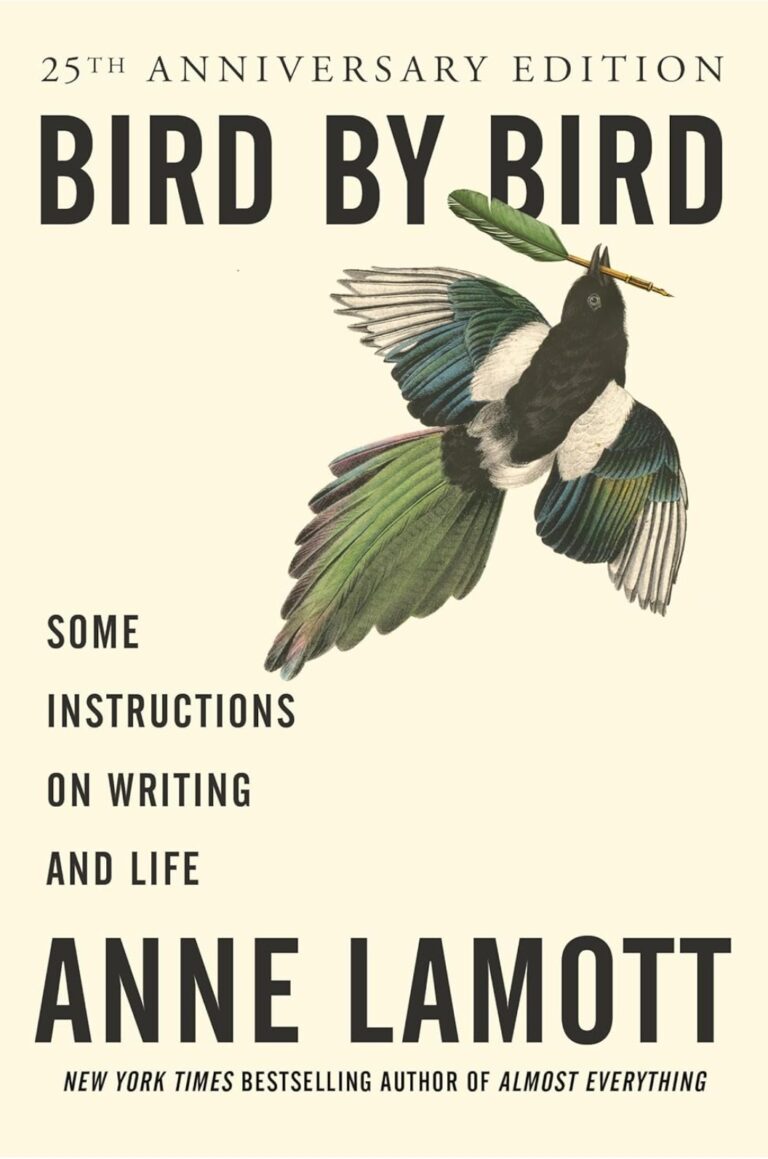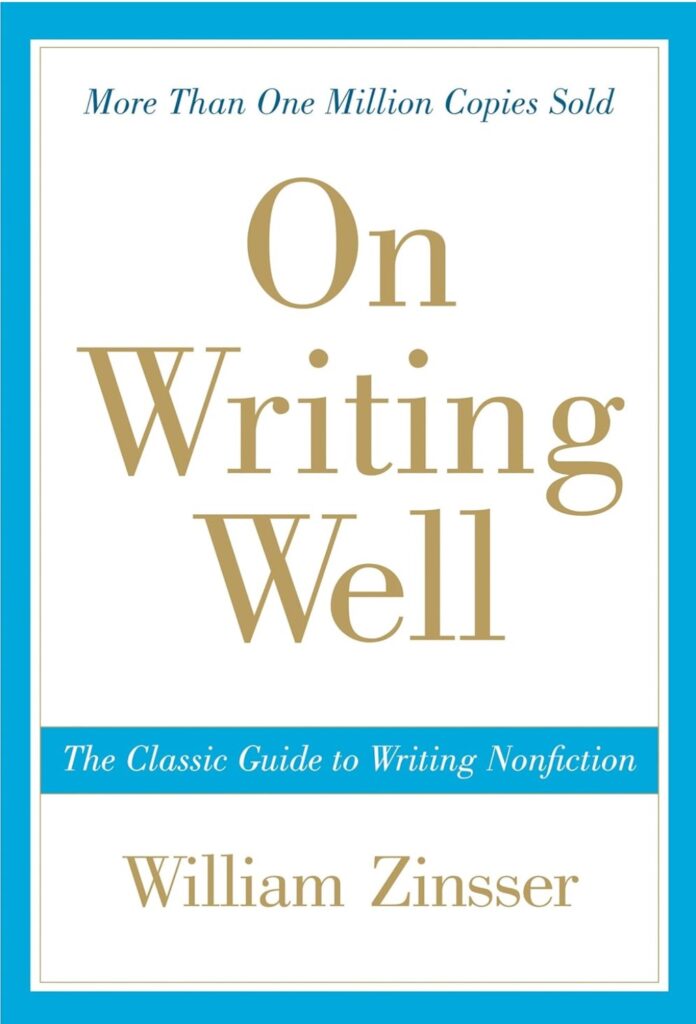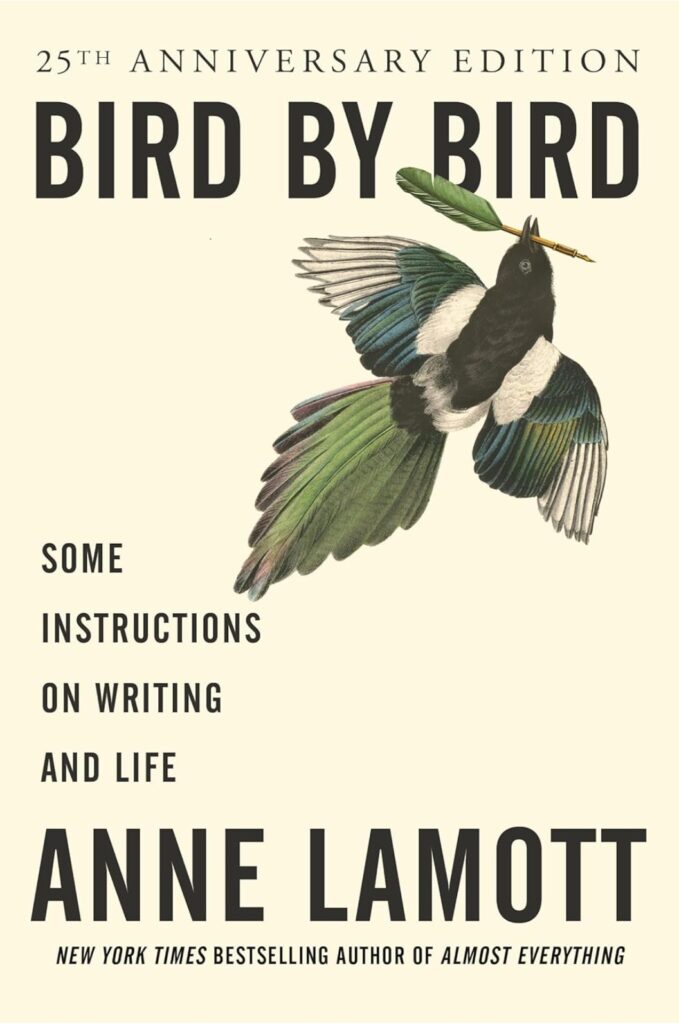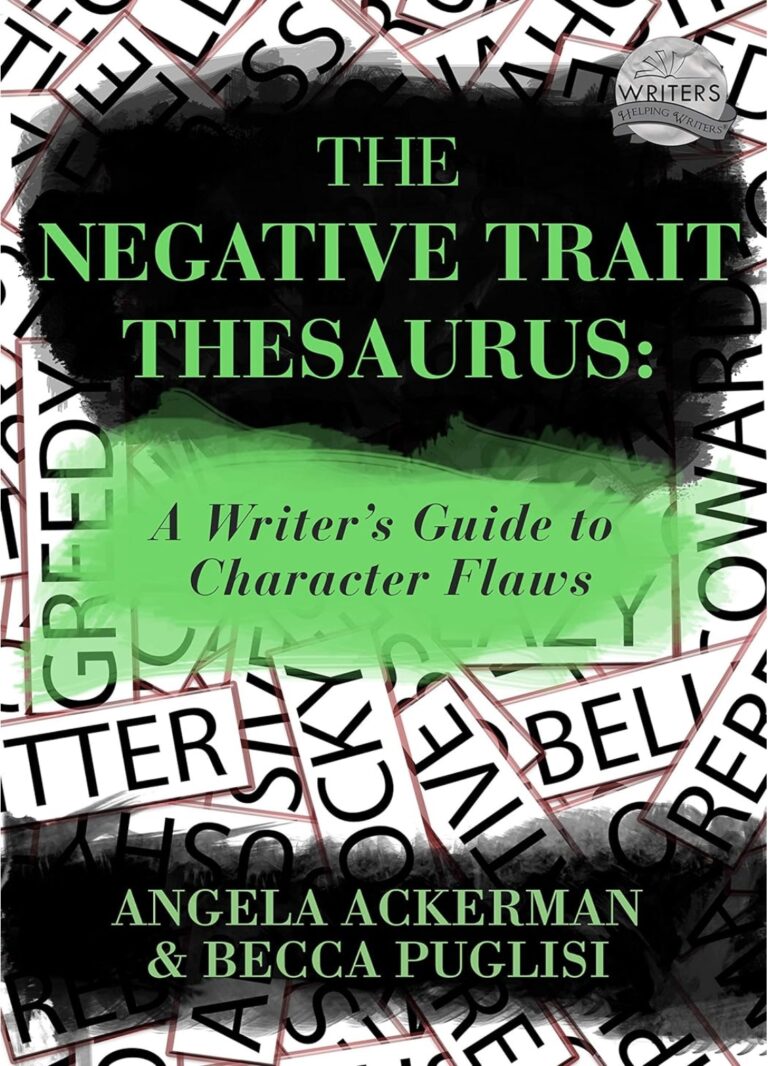As a romance author who writes insta-love stories featuring aliens, paranormal creatures, and unusual scenarios, I understand the unique challenges of creating deep emotional connections between characters. Supernatural romances require a careful balance of fantasy and relatable emotions to captivate readers.
Over the years, I’ve developed techniques to build these connections in my stories. Let’s explore some of these strategies to help you create compelling and emotionally rich supernatural romances.
Table of Contents
ToggleCrafting Relatable and Complex Characters
Developing Multi-Dimensional Characters
In my experience, the key to writing deep emotional connections starts with well-rounded characters. Supernatural beings, while fantastical, need to possess traits and struggles that readers can relate to.
For instance, in one of my stories about a human and a telepathic alien, I made the alien character struggle with the burden of hearing others’ thoughts, which mirrored the human character’s feelings of isolation and loneliness. This shared sense of isolation brought them closer.
Think about how you can create characters with relatable human traits. What are their fears, dreams, and insecurities? Giving your supernatural characters depth will make their emotional connections more believable and engaging.
Showing Vulnerability
I’ve found that vulnerability is crucial in establishing emotional connections. Characters who reveal their vulnerabilities become more relatable and endearing.
In a novella featuring a werewolf and a witch, I depicted the werewolf’s fear of losing control during the full moon and the witch’s anxiety about her powers being insufficient. Their mutual vulnerability forged a stronger bond between them.
Consider moments in your story where characters can reveal their vulnerabilities. How do they react in situations where they feel exposed or threatened? Highlighting these moments can enhance the emotional depth of your story.
Utilizing Sensory Details to Enhance Emotional Depth
Engaging Multiple Senses
Using sensory details can make emotional scenes more vivid and immersive. In my writing, I describe not just what characters see but also what they hear, smell, touch, and taste to create a full sensory experience.
For example, in a story about a human and a vampire, I described the chill of the vampire’s skin and the metallic scent of blood to intensify their intimate moments.
Think about how you can incorporate sensory details in your scenes. How does the environment affect your characters? What sensory experiences deepen their emotional responses? Engaging multiple senses can bring your scenes to life and create a stronger emotional impact.
Symbolism and Metaphor
In my experience, symbolism and metaphor can add layers of meaning to emotional scenes. Using symbols that resonate with your characters’ emotions can create a powerful connection with readers.
In a story about a mermaid and a sailor, the ocean symbolized freedom for the mermaid and fear for the sailor, which highlighted their emotional journey.
Consider using symbols and metaphors that reflect your characters’ internal struggles and growth. What objects or settings can represent their emotions? These elements can enhance the emotional resonance of your story.
Building Tension and Emotional Climax
Creating Gradual Build-Up
Building emotional connections requires a gradual build-up of tension and release.
In one of my novellas, the relationship between a ghost and a human developed slowly through shared experiences and small acts of kindness, leading to a powerful emotional climax.
The ghost’s struggle with accepting her death and the human’s guilt over a past tragedy were revealed incrementally, deepening their bond.
Think about how you can create a gradual build-up of emotional tension in your story. What events or revelations bring your characters closer? How do their interactions evolve over time?
This gradual build-up can make the emotional climax more impactful.
Emotional Climax and Resolution
I’ve found that an emotional climax followed by a satisfying resolution is essential for a fulfilling story.
In a novella about a dragon shifter and a human, the emotional climax occurred when the dragon shifter revealed his true form and his fear of rejection.
The resolution came when the human accepted him, flaws and all, solidifying their bond.
Consider how you can structure your story to build towards an emotional climax and provide a resolution.
How do your characters overcome their biggest fears and challenges? This structure can leave readers with a sense of closure and emotional fulfillment.
Dialogue and Non-Verbal Communication
Crafting Emotional Dialogue
Dialogue is a powerful tool for expressing emotions and building connections. In my stories, I use dialogue to reveal characters’ thoughts and feelings in an authentic way.
For instance, in a story about a human and a fae, the fae’s poetic language contrasted with the human’s straightforward speech, creating a dynamic and emotionally charged conversation.
Think about how your characters speak and what their words reveal about their emotions. How can their dialogue reflect their inner struggles and desires? Crafting authentic and meaningful dialogue can deepen the emotional connections in your story.
Non-Verbal Communication
Non-verbal communication, such as body language and facial expressions, can convey emotions subtly and effectively. I’ve found that describing these physical cues can add depth to emotional scenes.
In a story about a human and a werewolf, the werewolf’s protective stance and the human’s nervous fidgeting conveyed their emotions without words.
Consider how your characters’ non-verbal communication can enhance their emotional interactions. What gestures, expressions, or movements reveal their feelings? Using non-verbal cues can create more nuanced and emotionally resonant scenes.
Integrating Supernatural Elements
Enhancing Emotions with Supernatural Traits
Supernatural traits can add a unique dimension to emotional connections. In my stories, I often use these traits to create distinctive interactions and conflicts.
For example, in a novella about a telepathic alien and a human, the alien’s ability to sense emotions heightened their connection and added complexity to their relationship.
Think about how your characters’ supernatural abilities can enhance their emotional interactions. How can these traits create unique opportunities for connection and conflict? Integrating these elements can make your story more dynamic and engaging.
Overcoming Supernatural Challenges
In my experience, the unique challenges posed by supernatural elements can intensify emotions.
In a story about a shapeshifter and a human, the shapeshifter’s struggle with identity and acceptance added depth to their relationship.
Their journey to overcome these challenges made their bond stronger.
Consider the obstacles your characters face due to their supernatural nature. How do these challenges impact their emotions and interactions?
Exploring these difficulties can create a more nuanced and emotionally rich connection.
Final Thoughts
Creating deep emotional connections in supernatural romances involves a blend of well-developed characters, sensory details, and meaningful interactions.
By focusing on relatable traits, gradual build-up of tension, and the unique aspects of supernatural elements, you can craft emotionally engaging stories that resonate with readers.
Consistency and attention to detail are key to creating believable and immersive emotional experiences. In my experience, maintaining character integrity and pacing the emotional journey effectively enhances the overall impact of the story.
Additionally, seeking feedback from readers and fellow writers can provide valuable insights and help refine your narrative.
I’ve applied these techniques in my own writing, enriching my stories and connecting more deeply with my readers.
For anyone writing insta-love romance, especially within the realms of paranormal and sci-fi, these strategies can elevate your storytelling and create unforgettable emotional experiences.
If you’re ready to evoke strong emotions in your romance novels, I encourage you to explore these techniques and let your creativity flourish.
Happy writing!











































